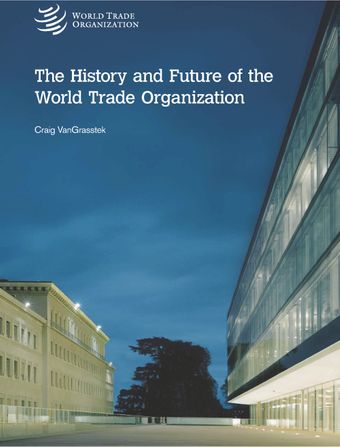Dispute settlement

- By:
- Source: The History and Future of the World Trade Organization , pp 229-269
- Publication Date: July 2013
- DOI: https://doi.org/10.30875/7cc8887e-en
- Language: English
Jean-Baptiste Say shared Adam Smith’s view that countries were justified in retaliating against trading partners that excluded them from their markets, hoping that taking this step – or threatening to do so – would induce the partner to lift the restrictions. But while Smith was willing to leave it up “to the skill of that insidious and crafty animal, vulgarly called a statesman or politician” to determine whether retaliation is warranted in any given case,1 Say was less enthusiastic about employing this option. He stressed both the costs that a country imposes upon itself when it retaliates and the disincentive that it might create to lifting those sanctions. In this respect, the dispute settlement system of the WTO might be said to reflect Say’s thinking more than Smith’s, for while it does ultimately rest on the prospect for retaliation, it is designed to make retaliation a last resort that members will employ only after exhausting all other options.
-
From This Site
/content/books/9789287042347s009-c003dcterms_subject,pub_countryId-contentType:WorkingPaperSeries -contentType:Periodical -contentType:BookSeries -contentType:ReportSeries105


